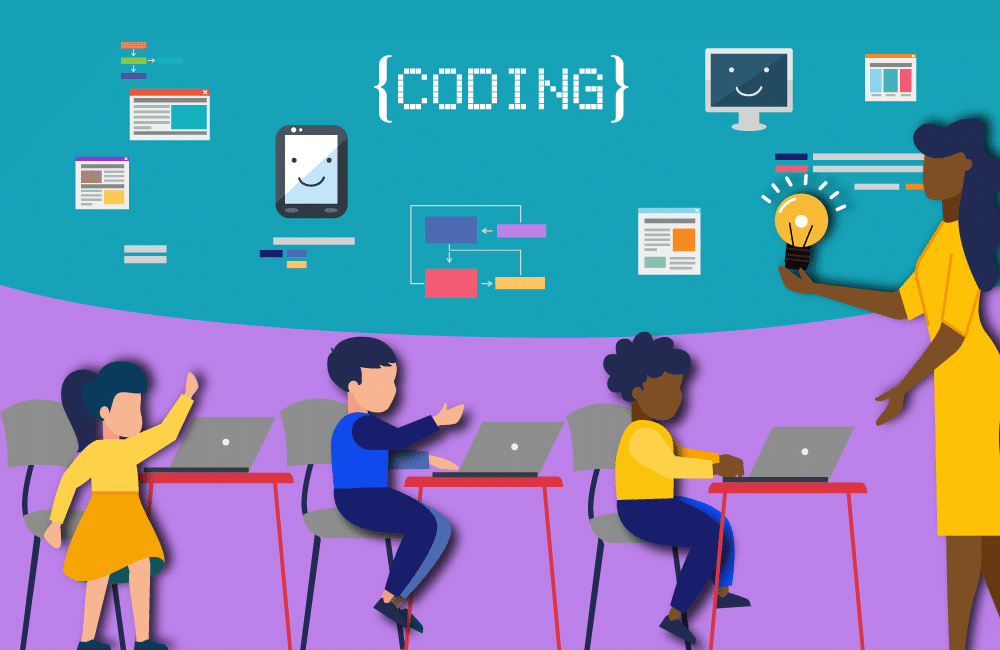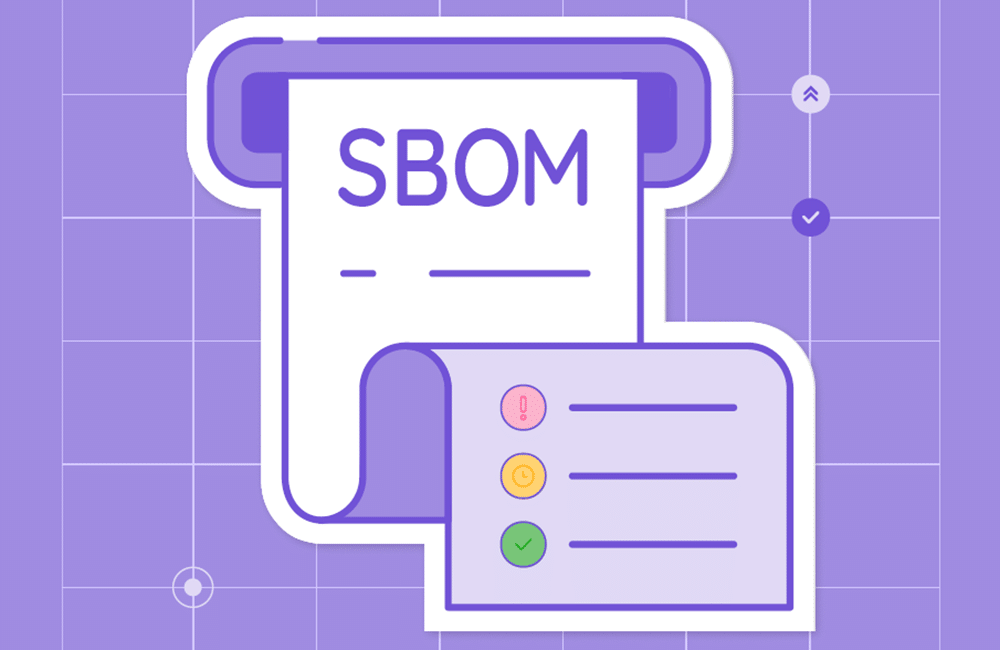Nurturing the Next Generation of Software and Security Pros – 5 Nonprofits We Love

Table of Contents
You don’t have to go far to find any number of articles decrying a lack of talented tech professionals. Forbes predicts a tech talent war. The International Monetary Fund – yes, the IMF! – identifies the global tech talent shortage as a significant factor that will negatively impact the global economy. Korn Ferry, a US-based consulting firm, claims that by 2030 we will have a global shortage of 85 million skilled workers, costing $8.5 trillion in lost potential revenue annually.
If you look at cybersecurity, things appear even worse. For example, John Oltsik, principal analyst at ESG, states that 70% of cybersecurity professionals claim that their organization is impacted by the cybersecurity skills shortage, a number that has held steady over recent years.
According to The Cybesecurity Workforce Study, 2020 by (ISC), “The global cybersecurity workforce needs to grow 89% to effectively defend organizations’ critical assets.”
The industry as a whole has long recognized this problem and has floated many solutions to address this. One is to encourage more women and people of color to enter the tech workforce. In the US, women make up slightly more than half of the workforce, yet they account for only 10-20% of software developers. Only 4.7% of software engineers in the US are Black or African American.
Other initiatives include nurturing a love of coding in kids from a young age and eliminating the four-year degree requirement for positions. Implementing tech apprenticeship programs for young adults as a training alternative to a college degree not only gets more employees in the door, but it also helps diversify the workforce.
Since school’s out for the summer – in the Northern Hemisphere at least (sorry to all of you in the Southern Hemisphere) – we thought this would be the perfect time to give a shout out to some of our favorite programs that nurture an interest in programming in our kids and seek to close the gender and race gap in software development. From Girls who Code to programs that target inner city youth, there’s a wide range of organizations doing good and fostering tech skills in our youth.
Even if you don’t have kids of your own, you can still get involved. Many of these programs actively seek talented volunteers to achieve their missions.
Girls Who Code
The mission of Girls Who Code is to close the gender gap in tech. Since 2012, Girls Who Code has reached 450,000 girls both in the United States and worldwide. The organization is well on its way to meeting its goal of closing the gender gap in new entry-level tech jobs by 2030. Diversity is also extremely important for Girls Who Code, and half of the girls in the program come from historically underrepresented groups, including girls who are Black, Latinx, or from low-income backgrounds. Girls Who Code also has a policy arm that works with legislators to close the gender gap in tech in K-12 classrooms. Through online resources and in-person programs, there are many different ways to get involved and access their services.
The OpenCode Foundation is a nonprofit that provides students from low-income families the education and resources to pursue a career in computer science. Originally founded in the United States, the foundation now provides free computer science education to students in 56 countries worldwide, including rural areas in Uganda, Kenya, and India. Not only does the organization provide free training to schools in these regions, but it also gives them resources such as student curriculum, computers, and access to an internet connection.
Sponsored by various tech companies, including Twitter, Facebook, and Google, The OpenCode Foundation runs bootcamps, accelerators, hackathons, and other programs to make sure that anyone who wants to learn to code has access to the right technology. For those students who show a high level of interest in pursuing computer science as a career, the foundation provides them with their own computer and connects them to industry-leading professionals who act as mentors.
Black Girls Code
Black Girls Code was founded by Kimberly Bryant in 2011 to foster a love for technology, self-confidence, and leadership skills in millions of Black girls. Through community outreach and after school programs, Black Girls Code introduces underprivileged girls to basic programming skills in languages like Scratch and Ruby on Rails.
The organization plans to increase the number of women of color in the digital space by empowering girls of color ages 7 to 17 to become innovators in STEM fields and builders of their own futures through exposure to computer science and technology. The organization aims to provide African-American youth with the skills to occupy some of the 1.4 million computing job openings expected to be available in the U.S. this year, and to train 1 million girls by 2040.
Hack the Hood
Hack the Hood (HtH) develops tech and data literacy skills to promote economic mobility in underrepresented communities. The organization serves young people of color, ages 16-25, who are interested in pursuing tech-related careers, but who do not yet have access to the resources they need to succeed. HtH programs empower young Black, Latinx, and Indigenous communities to shift from being tech consumers to tech designers, producers, and creators.
Launched in 2013, HtH designs and delivers a rigorous, justice-centered tech and data literacy curriculum that supports economic mobility through socio-political action within the tech sector. Through the organization’s curriculum, learners have access to culturally relevant tech career insights, personalized mentorships, and tech and data literacy skills.
Code.org
Code.org believes that computer science is more important than ever. The organization is dedicated to expanding access to computer science in schools and increasing participation by young women and students from underrepresented groups. Code.org wants every student in every school to have the opportunity to learn computer science as part of their core K-12 education. It is the leading provider of K-12 computer science curriculum in the largest school districts in the United States. Diversity is very important to Code.org, and 45% of Code.org students are young women, 50% are students from marginalized racial and ethnic groups, and 45% of US students are in high needs schools.
Give your time and talent
Technology is for everyone! We’ve listed some great organizations that have done an amazing job of nurturing the next generation of software developers and tech leaders. Most of these nonprofits rely on volunteers to expand their outreach. If you have the talent, consider volunteering your time. Contributing to a cause you care about makes a world of difference.


